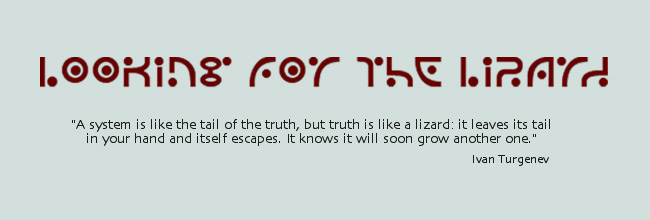I've been working on the chapter about how to write an artist's statement. I like writing about writing, I suppose because I like to teach. I lay out some rules, and then I start looking through the eight years of statements from past arts festivals for examples of the rules. I decide to find at least one poor example and one good example to illustrate each one. Neither is hard.
Now, however, I have a problem – what artist would give me permission to use their statement as an example of what not to do? I consider whether using the statements without telling the artist is illegal and unethical. Maybe not illegal, since copyright law allows for use of quotes for educational purposes. But definitely unethical. So how do I ask? I need to anticipate their feelings and see whether I can find ways to alleviate them.
What if I don’t use their names? That way, no one is embarrassed publicly. But then the artists whose statements are used as good examples also don’t get credit. Is that a problem? It might be for me. Can I use the names on the good examples and not the poor ones? Now it’s starting to feel sleazy.
What if I rewrite the statements so I don’t need permission? Use them as a basis for the point I want to make but change them enough that they are no longer the artist’s. I’m not sure I’m that good a writer. It’s like doing impressions – you have to be able to become invisible and take on someone else’s manner and appearance. If I miss the mark, the examples would be just more of me me me, and me alone is not helpful enough.
No, it seems I’m going to have to face up to people with my opinion about their writing if I use examples. Which reminds me that I feel responsible for not helping them improve their statements back then. I did provide a short how-to sheet along with the entry forms, but I did not mentor people well. I tried to give everyone what they needed without the discomfort of giving individuals what they needed. In truth, I could not have done all I did and added on mentoring every entrant, but we could have set things up differently. Food for thought.



